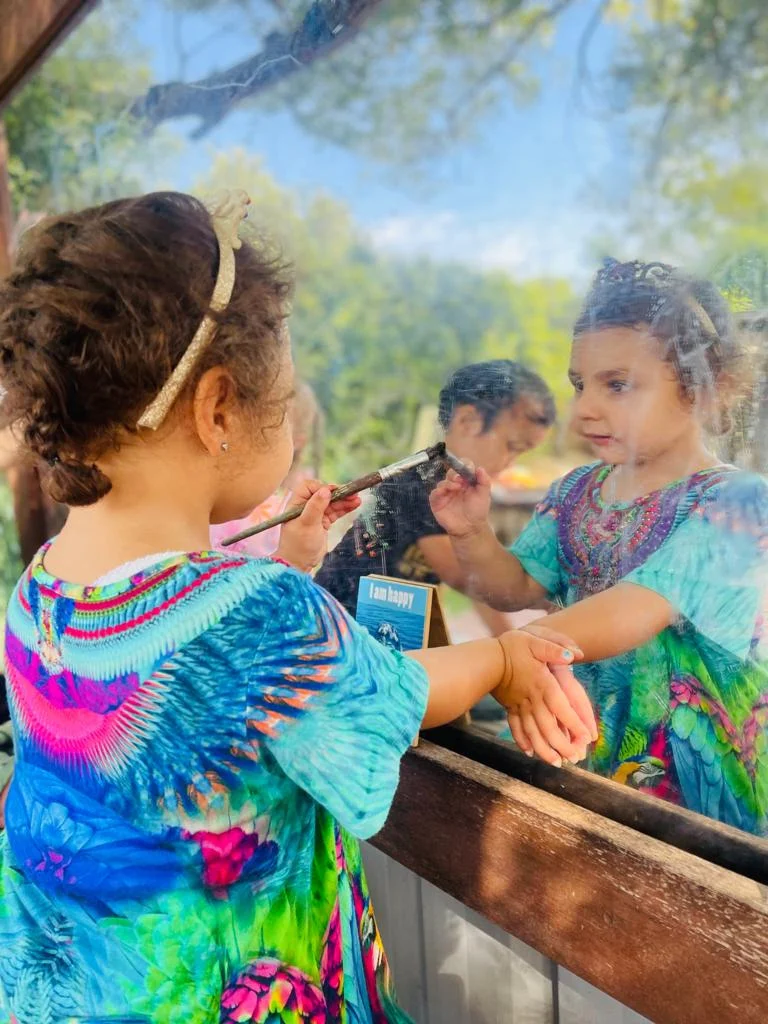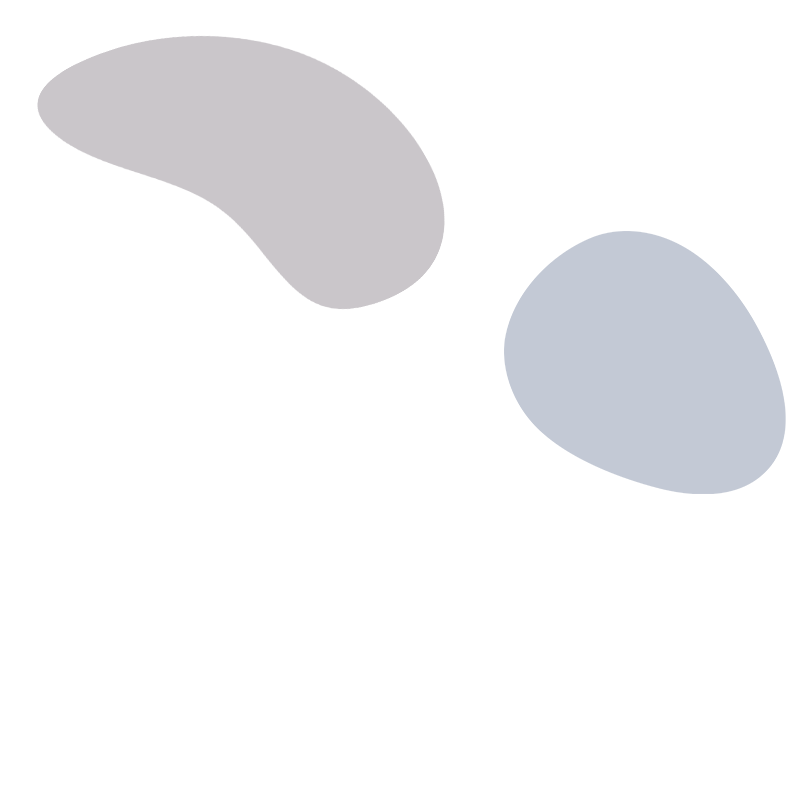Early Years Learning Framework (EYLF)
Stepping Stones Early Learning Centre
“Our inclusive environment recognises unique contributions, welcomes and celebrates diversity and nurtures the belief in every child’s capacity to succeed.”
~ Stepping Stones Philosophy
What is the Early Years Framework?
The Early Years Framework (EYLF) is a document designed for early childhood educators to support them in extending and enriching children’s leaning in the early years. Linked and embedded in the National Quality Standard, the Framework guides educators to develop quality programs in the early education and care sector. In partnership with families, educators use the Framework to develop learning opportunities, maximise learning potential and meaningfully respond to children’s ideas, interests, strengths and abilities.
The EYLF has a specific emphasis on play-based learning, an approach that is rendered in the belief that dispositions of learning, curiosity, resilience and creativity are developed through play. Comprised of three interrelated elements: principles, practices and learning outcomes, the EYLF is fundamental to our centre’s early childhood approach and program decision-making process.
Educators are guided by the EYLF learning outcomes when observing and gathering information about children’s learning.
The deep knowledge of children that is attained by educators through observation is used to plan the educational program, inform curriculum decisions and enrich communication with families.
Each child at our centre has their own journal that contains a collection of their stories, their observations, photographs and experiences. These journals depict your child’s learning journey and our commitment to supporting the children to become “successful learners, confident and creative individuals and active informed citizens”. (EYLF)
Learning Outcomes
The framework identifies five Learning Outcomes that have been designed to capture the integrated, complex learning and development of children in the early years
The outcomes are:
- Children have a strong sense of identity
- Children are connected with and contribute to their world
- Children have a strong sense of wellbeing
- Children are confident and involved learners
- Children are effective communicators



